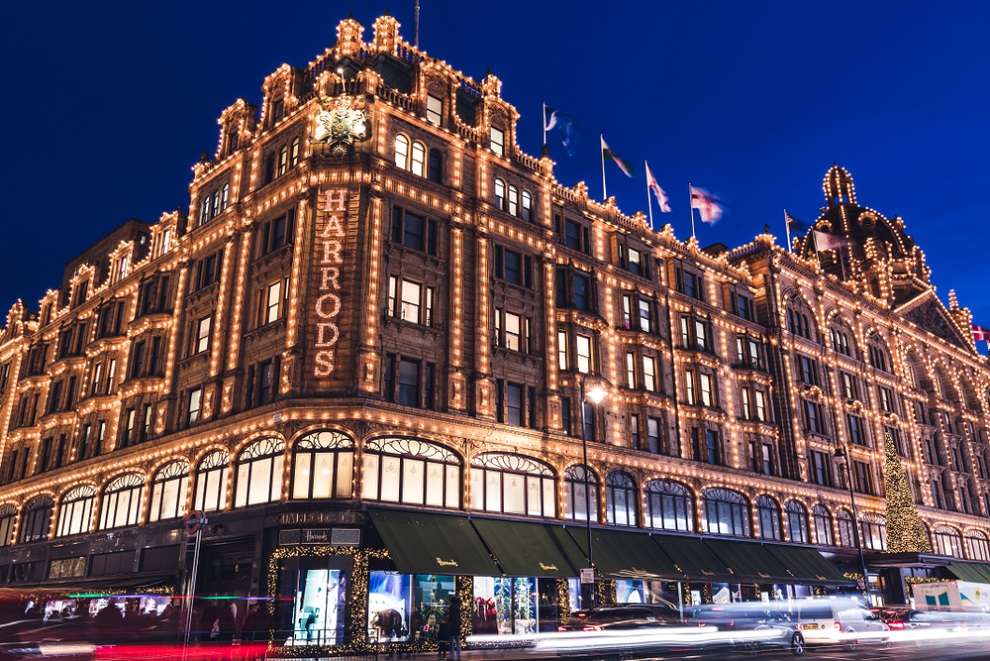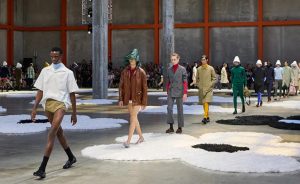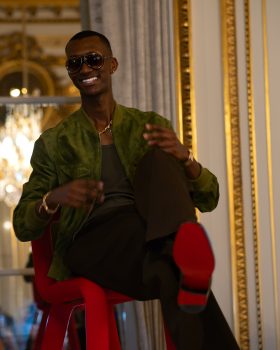London’s main shopping district predicted a muted year-end after customer footfalls plunged during Christmas, with the Omicron coronavirus variant keeping people at home. Independent retailers are being forced to close shops days ahead of the holiday, amid staff levels decreasing as people go into self-isolation. Per insolvency firm Begbies Traynor, around 36,000 U.K. retailers, including online and high-street businesses, are in ”significant financial distress” for the final quarter of 2021.
The situation is dismal. Per Reuters, ‘The number of shoppers on Britain’s high streets fell by 2.6 per cent… per market research company Springboard. Shopper numbers plunged 8.5 per cent in central London on Dec. 18 and Dec. 19, compared with the number of people out a week earlier. Footfall dropped 6.4 per cent in cities outside of the capital. The outcome was better in smaller market towns, shopping centres and retail parks, with footfall up 3.4 per cent, 0.5 per cent and 4.7 per cent respectively.’
“The growing nervousness of consumers meant that (footfall) increases dwindled with each day that passed,” Springboard director Diane Wehrle told Reuters. “This provided a forewarning for subdued performance of bricks and mortar stores and destinations over the weekend, which … is exactly what occurred.”

Malls face the heat of the omicron variant of Covid-19
Nearly 80 per cent of luxury sales today are through digital channels, reveals a Knight Frank Wealth Report, 2021 by McKinsey. It forecasts nearly one-fifth of global luxury sales will take place online by 2025. During the lockdowns, too, all luxury brands started focussing on their online presence. Rebecca Morter, CEO of U.K.-based fashion retailer Lone Design Club, told Forbes, ”Frustratingly, it’s now feeling quite similar to last year. We look like we’re going down a very similar path now. At the beginning of the month, a lot of people thought that that was as bad as it was going to get. However, we have noticed a decline in footfall, which has been a shame.”
”The art is to strike the right balance between the physical—in-store and the online—e-commerce experiences. Online helped sustain the operations during the lockdowns, but it is time we accelerate our approach towards online shopping. When it comes to luxury brands, retail stores add value to the consumer’s decision-making journey…. There is a trend to lean towards the hybrid model. Stores are adopting high-tech fitting rooms, AR—VR, hospitality lounges, shipping online orders from stores as they reap the benefits of the best of in-store shopping and e-commerce at the same space,” Uzma Irfan, Director, Prestige Estates Projects Limited, which manages the luxury retail complex at UB City, Bengaluru, India tells Forbes.
With omicron looming large, it is a completely different experience at the mall than what it was during the pre-pandemic era. The freedom to move around is limited, with pandemic regulations restricting retail operations; add to this, the wariness of closed environments. ”Revenues have taken a serious hit—we have only collected around 45-50 percent of rental revenue across malls in FY20-21. Even in FY22, we don’t see revenues going beyond 60-65 percent of pre-pandemic levels,” Mukesh Kumar, chairman of SCAI, told Forbes. ”We’re hoping to get support from the government in terms of waiving off property taxes, signage, and hoarding licence fees since it’s difficult for retailers and mall owners to sustain themselves…”
Jasmeen Dugal is Associate Editor at FashionABC, contributing her insights on fashion, technology, and sustainability. She brings with herself more than two decades of editorial experience, working for national newspapers and luxury magazines in India.
Jasmeen Dugal has worked with exchange4media as a senior writer contributing articles on the country’s advertising and marketing movements, and then with Condenast India as Net Editor where she helmed Vogue India’s official website in terms of design, layout and daily content. Besides this, she is also an entrepreneur running her own luxury portal, Explosivefashion, which highlights the latest in luxury fashion and hospitality.









